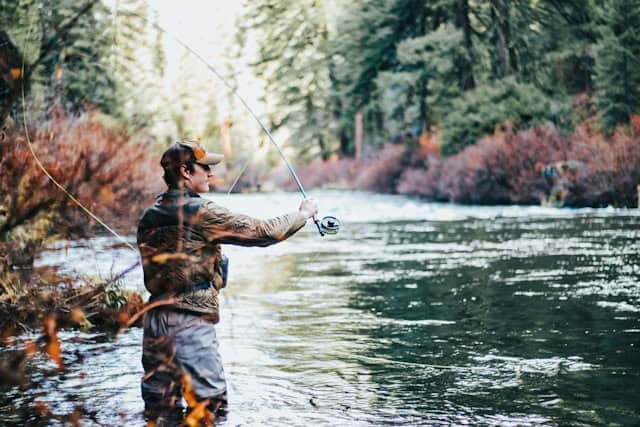
Fishing is a rewarding and relaxing pastime enjoyed by millions, but it’s not without its responsibilities. Failing to comply with local fishing regulations can result in the suspension or even revocation of your fishing license, a situation no angler wants to face. Whether you’re a seasoned fisherman or a beginner, understanding how to protect your fishing license is crucial. This post breaks down the steps to ensure you stay compliant and keep enjoying your time on the water.
Know the Licensing Requirements
The first step in avoiding any trouble with your fishing license is understanding the specific licensing requirements for your region. Each state, province, or country may have unique regulations regarding who needs a fishing license, what type is required, and where it is valid.
For example, some areas require additional permits for fishing in saltwater or certain protected areas. Others might differentiate between recreational and commercial fishing licenses. Staying informed about these distinctions is paramount. Read through your local fishing regulations handbook or check the official wildlife agency’s website to ensure you’re fully compliant before heading out.
Avoid Using Illegal Gear or Methods
Using non-compliant fishing gear is a common mistake that leads to license suspensions. Many jurisdictions disallow specific fishing methods and tools, such as nets, traps, or high-tech gear, that provide an unfair advantage. Similarly, fishing with live bait in certain areas might be prohibited due to concerns about invasive species.
Carefully read the rules about permitted fishing equipment for your area. Stick to legal rods, reels, and bait types to avoid unnecessary trouble. A Florida FWC attorney can legally represent you in court if you have been given a citation for breaking fishing laws.
Follow Catch Limits and Seasonal Restrictions
Many jurisdictions enforce strict guidelines on how many fish you can catch, specific species you’re allowed to target, and the fishing seasons for certain bodies of water. These rules are in place to preserve fish populations and ensure sustainability for future generations.
Exceeding a catch limit, targeting protected species, or fishing during a closed season can result in significant penalties, including the suspension of your license. Always review the most recent limits and regulations before you fish and double-check if there have been recent updates or changes.
Always Report Your Catch When Required
If you’re fishing in a location that requires you to report your catch to a local authority or conservation body, make sure you comply. Some areas mandate angler reporting as a way to track fish populations and maintain ecological balance.
Failing to complete this reporting step, whether intentional or accidental, could result in fines. Worse, repeated neglect might lead to your fishing license being suspended. Check the reporting requirements beforehand and keep any necessary forms or online tools handy for quick and easy submissions.
Respect Private Property and Protected Zones
Fishing on private property or in protected zones without permission is another common infraction. Many fishing spots look serene and accessible, but some might fall under strict ownership or conservation rules. Trespassing onto these areas, even unknowingly, can result in severe penalties, including a suspension.
To avoid this, always verify that your chosen fishing spot is public or legally accessible with your license. If your spot falls under private ownership, seek explicit permission before throwing your line in the water.
Endnote
A fishing license not only grants you legal access to the water but also signals your commitment to ethical and sustainable angling practices. By following the tips above, you can protect your license and enjoy uninterrupted access to your favorite pastime.






